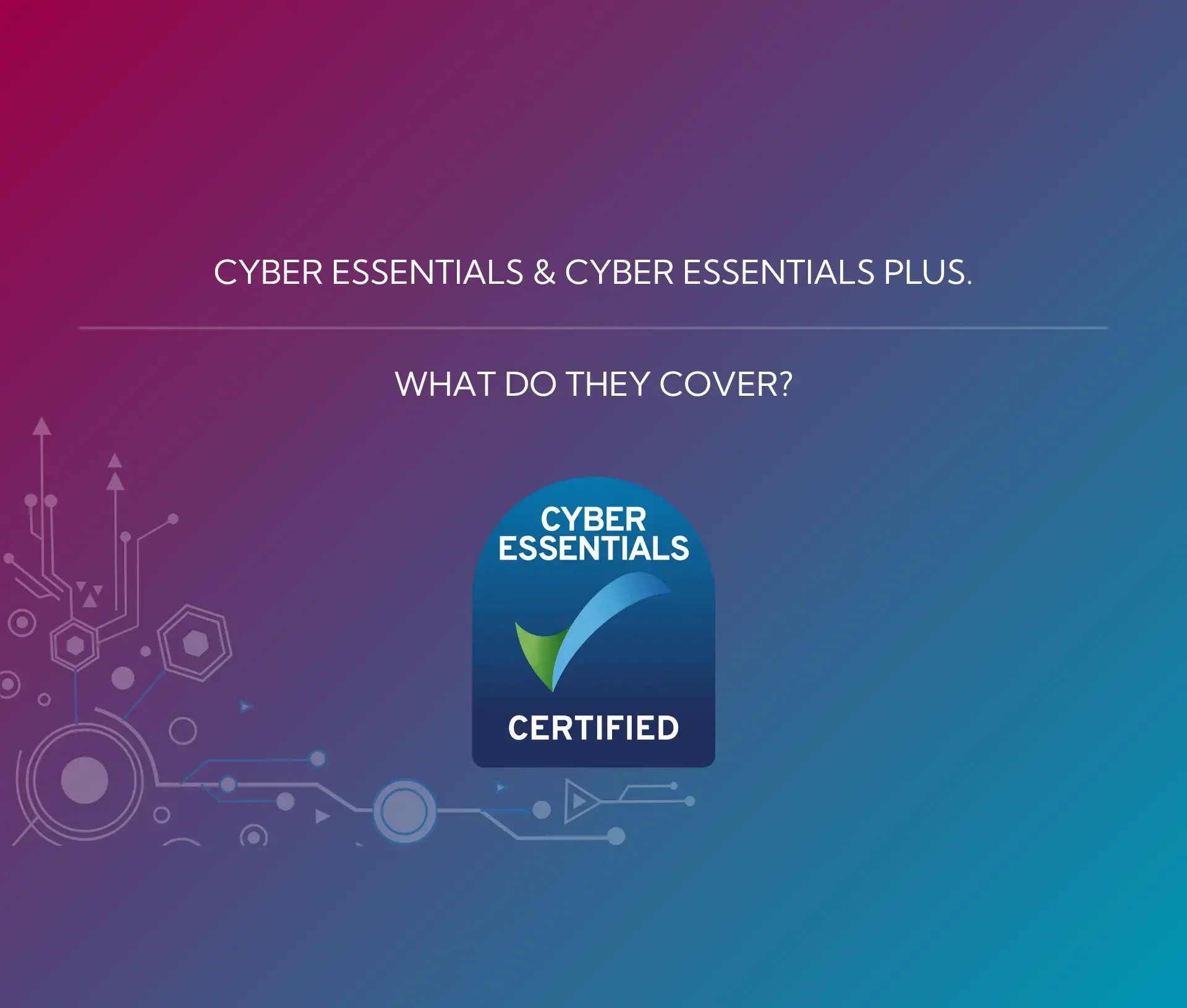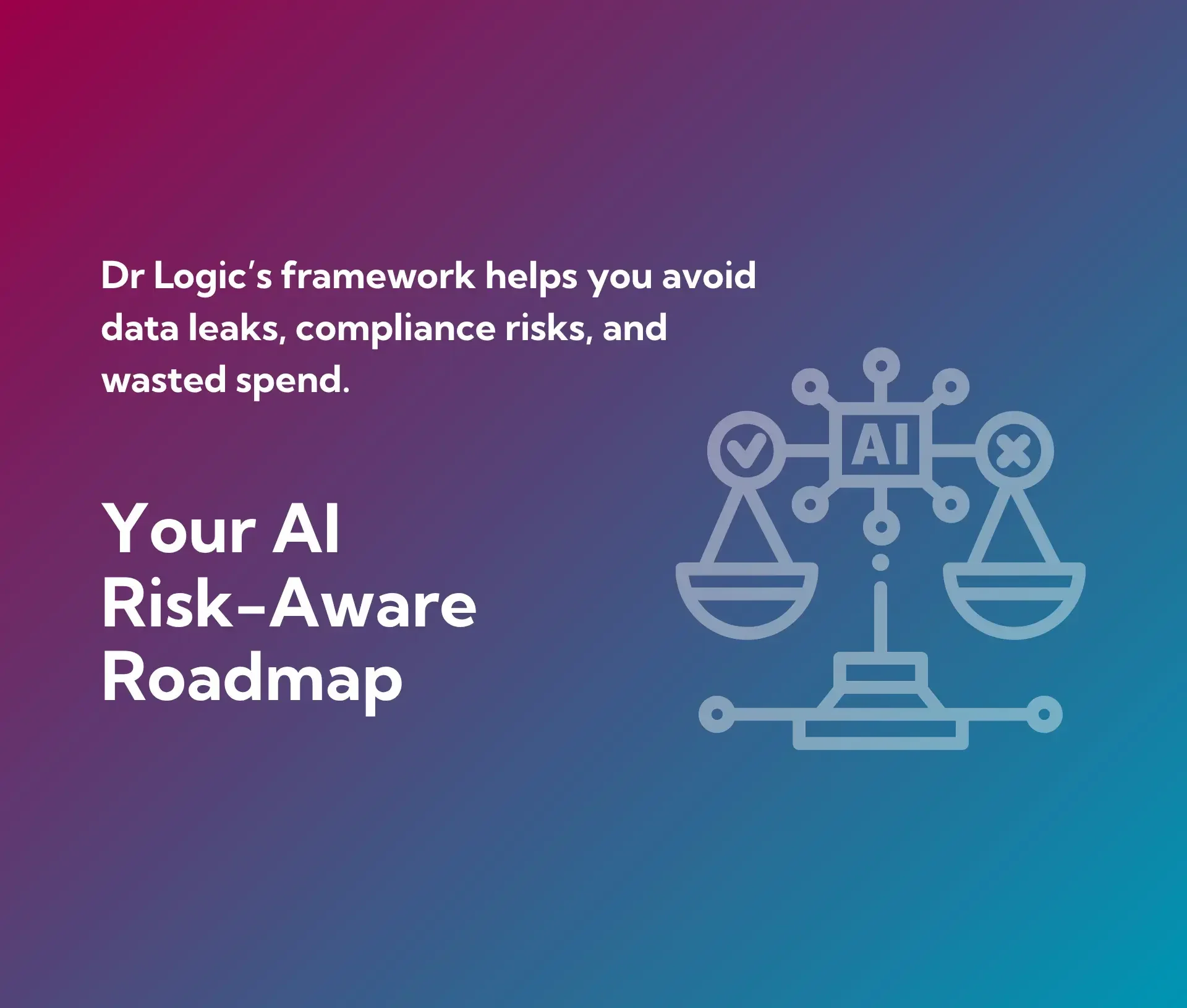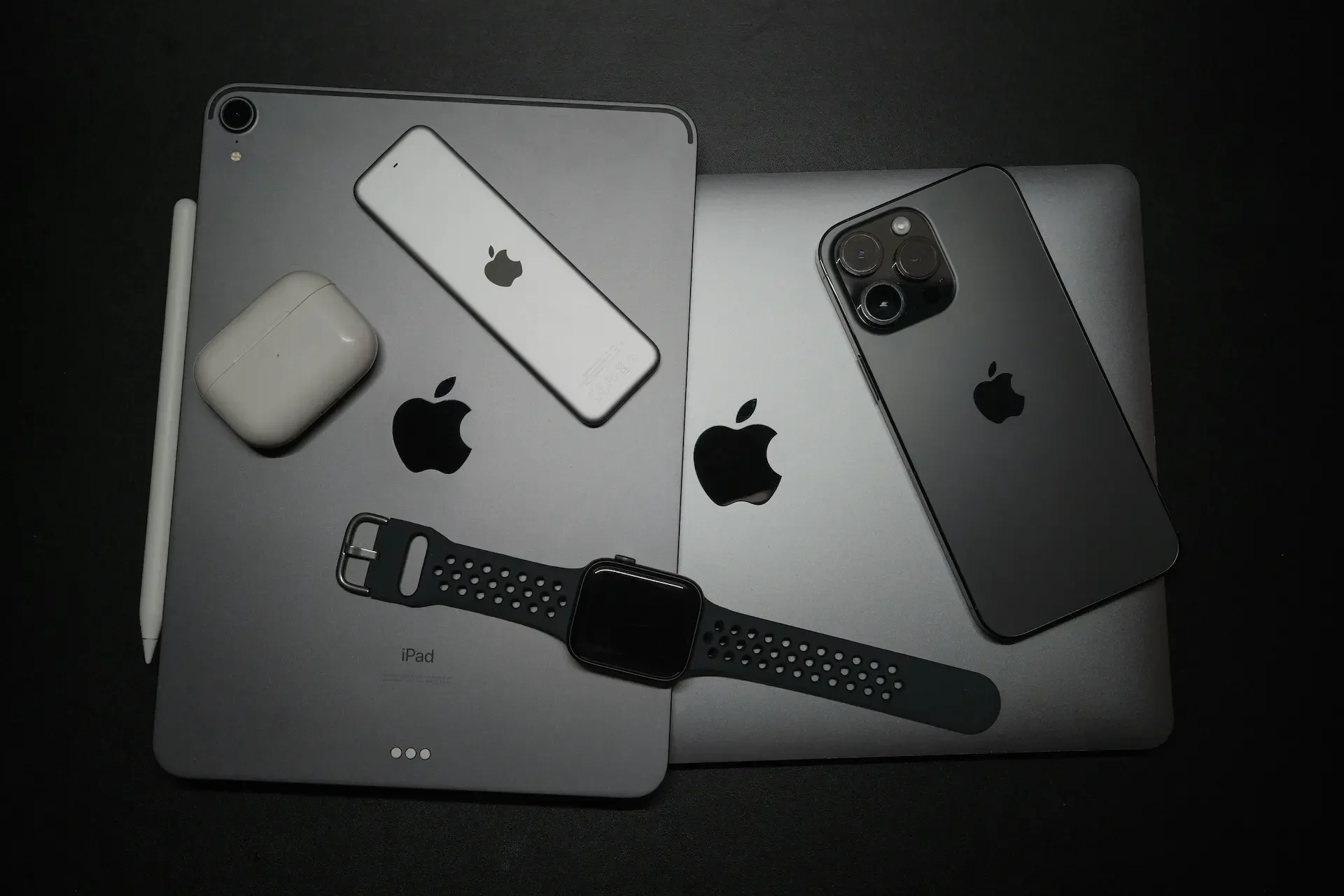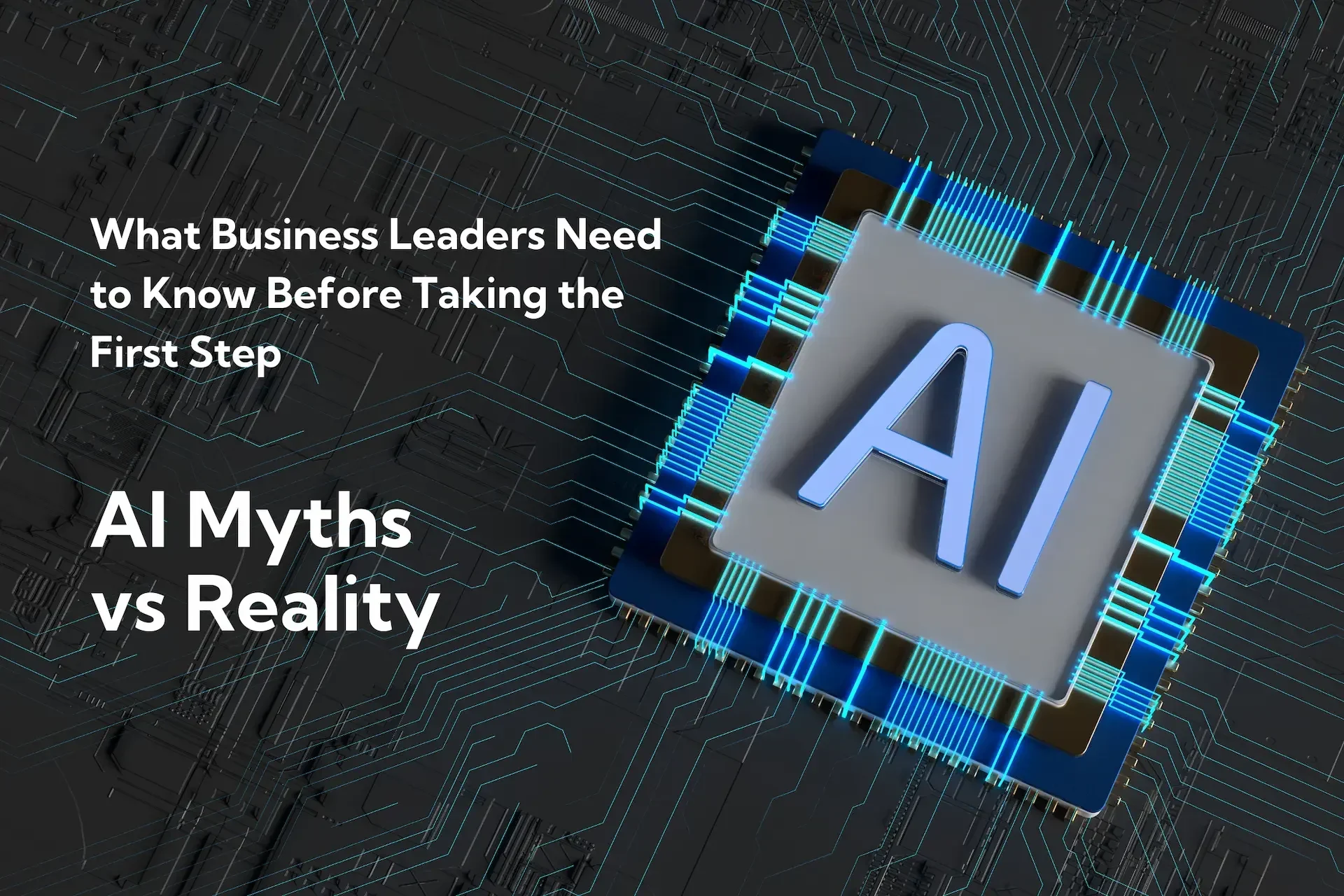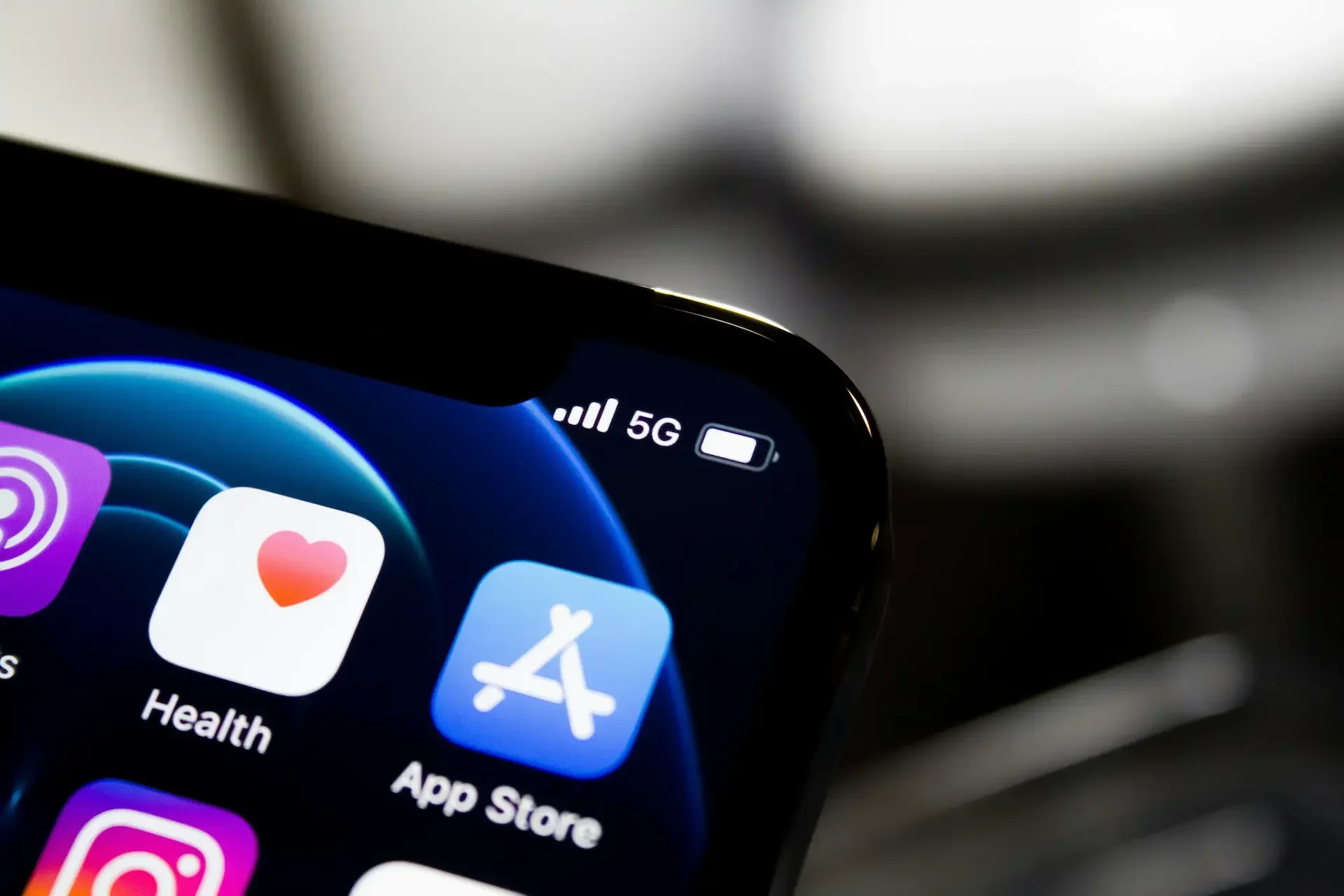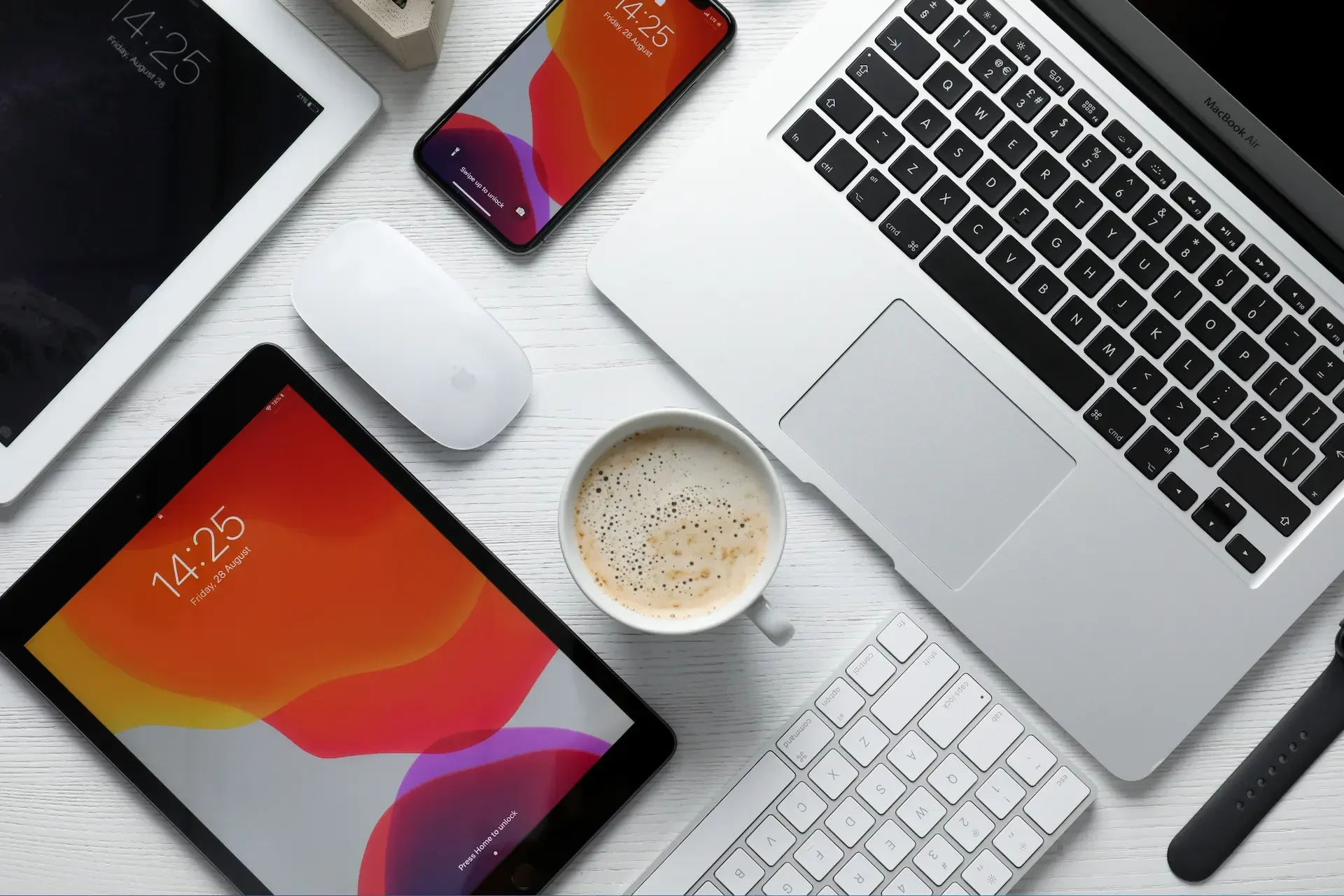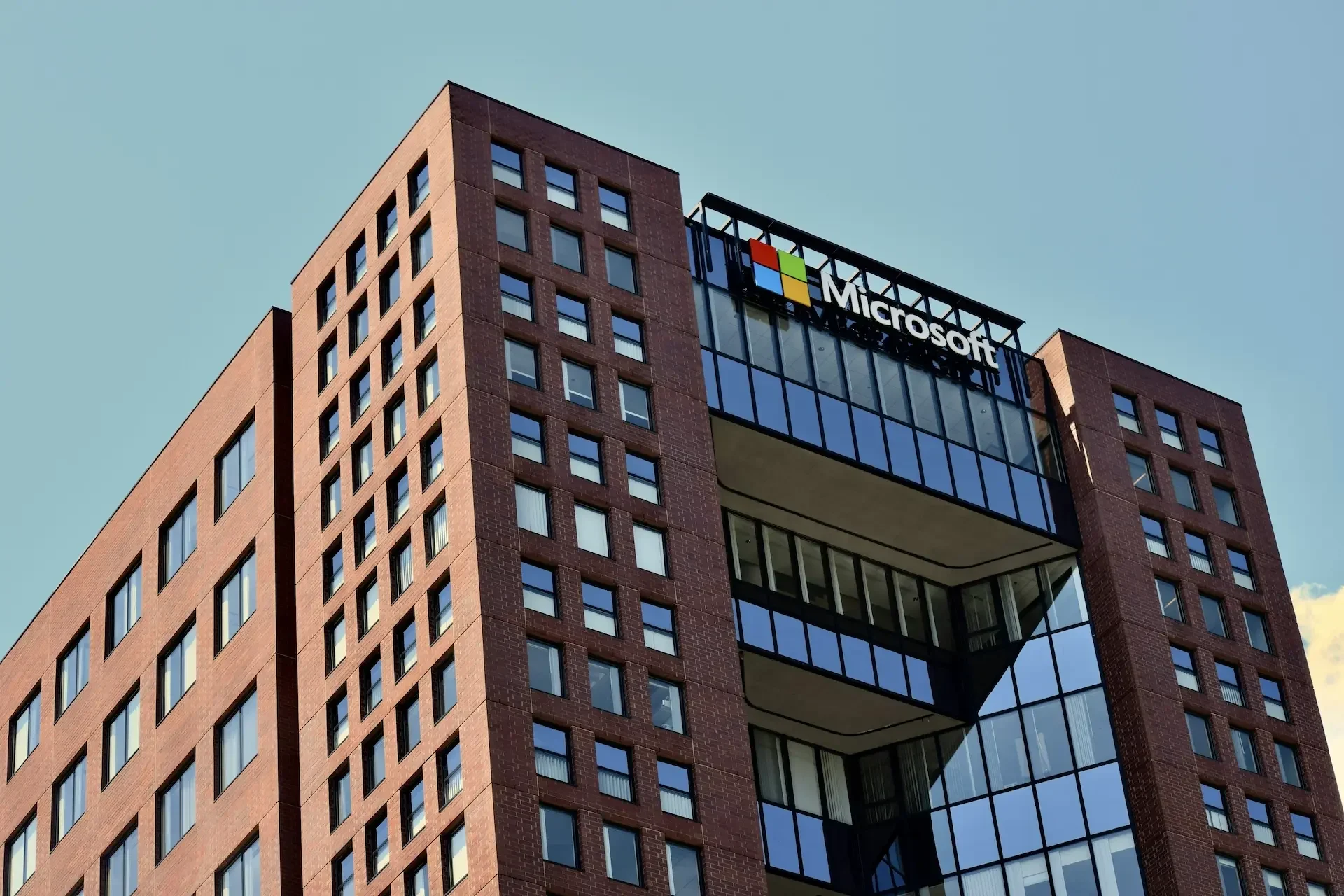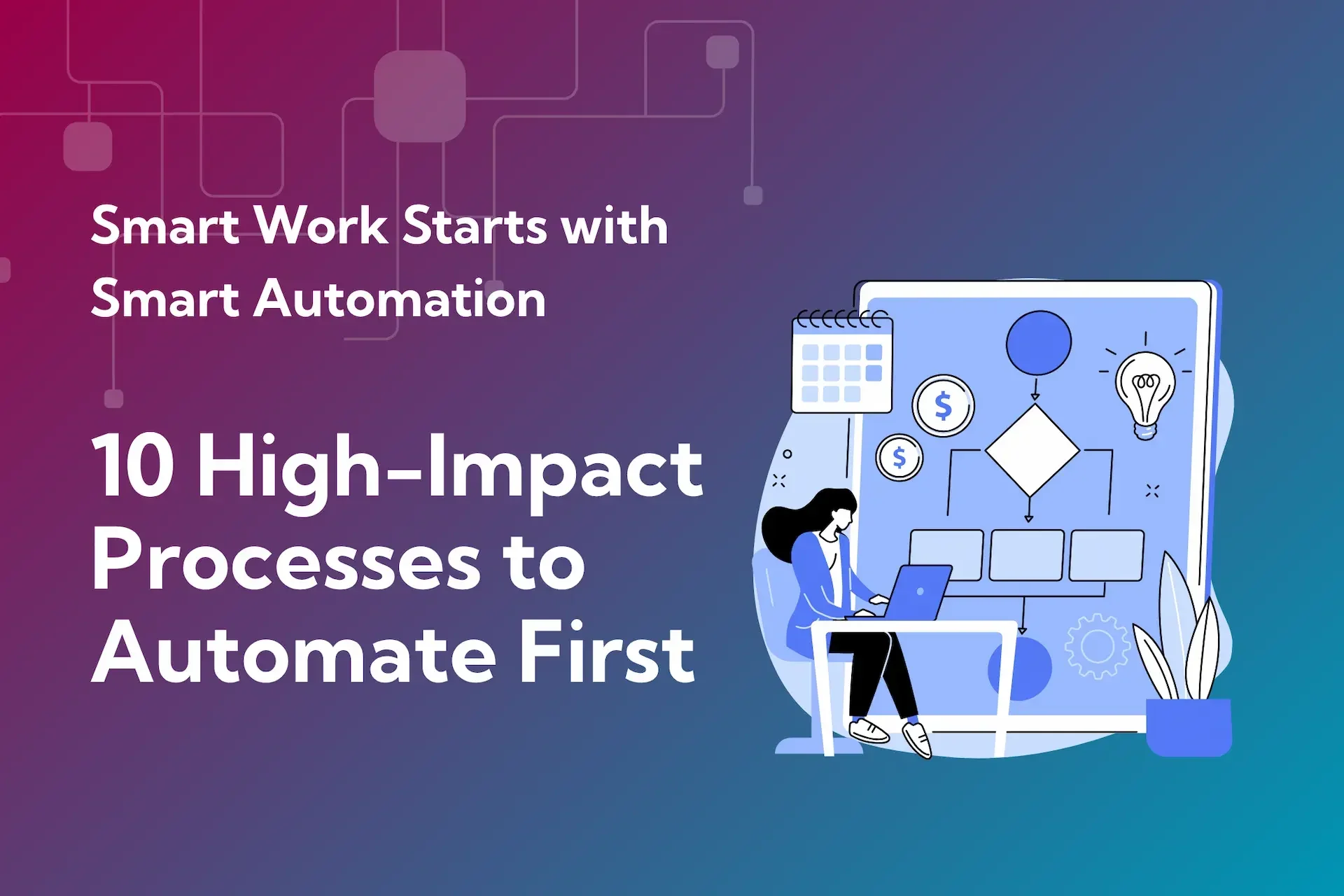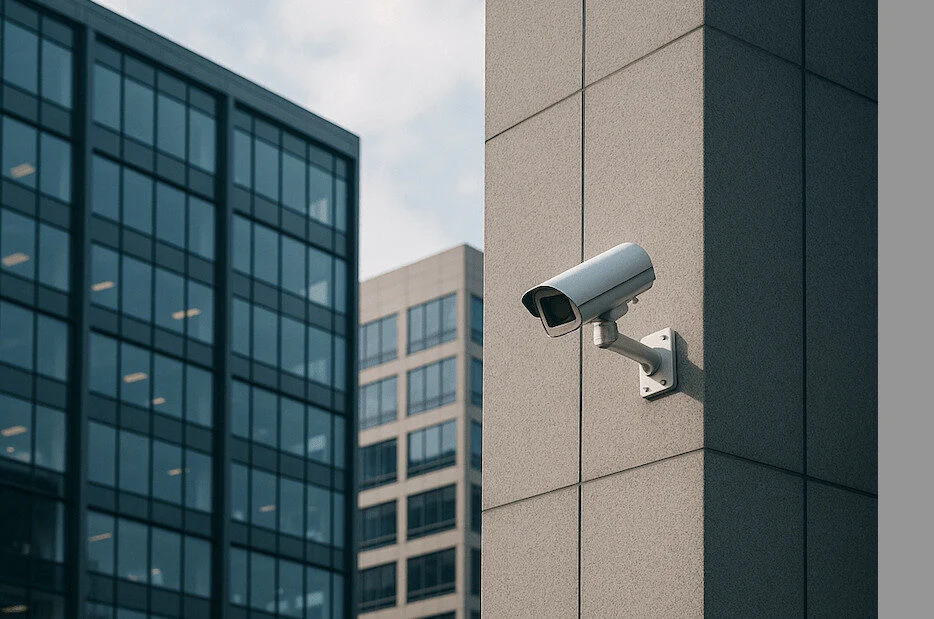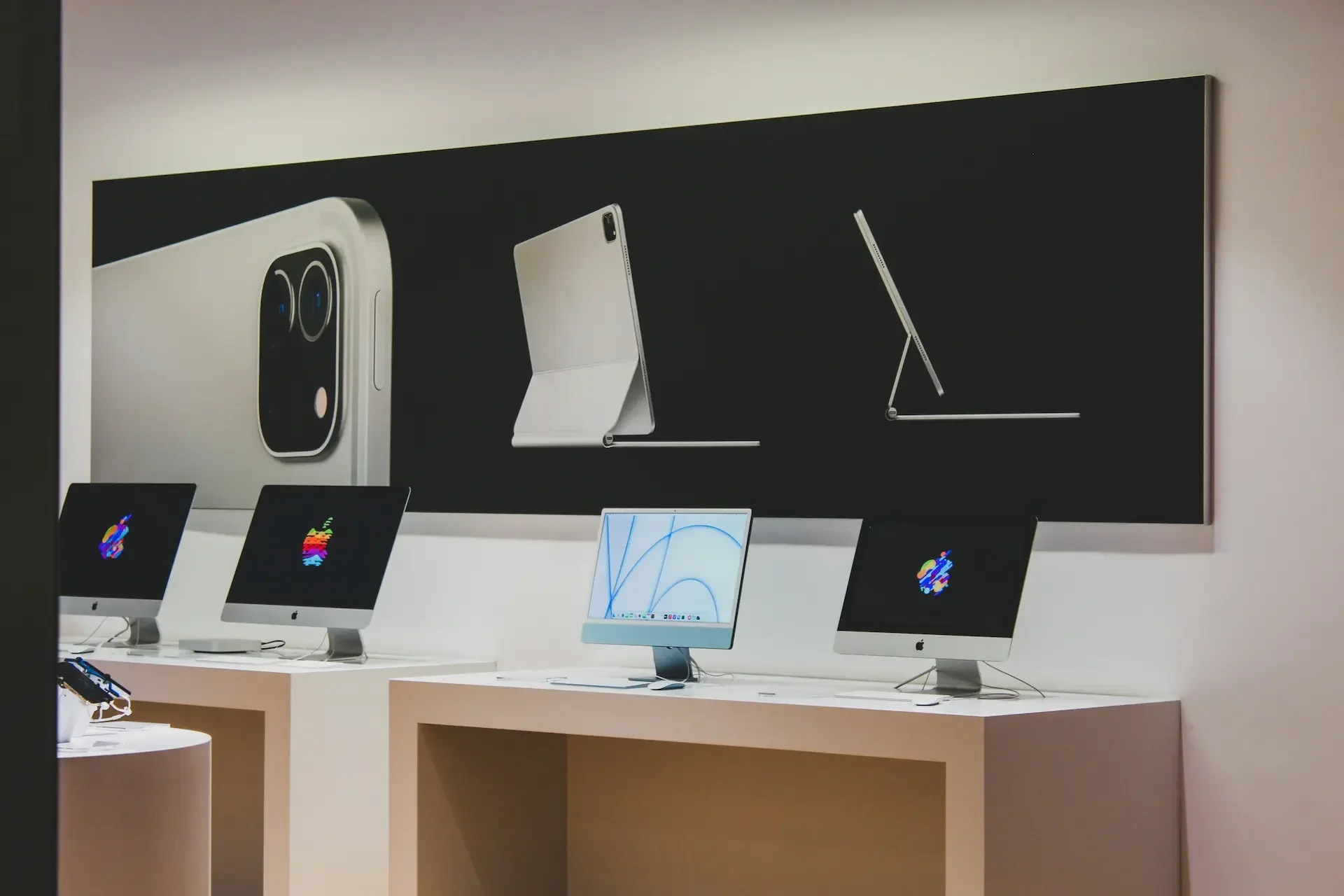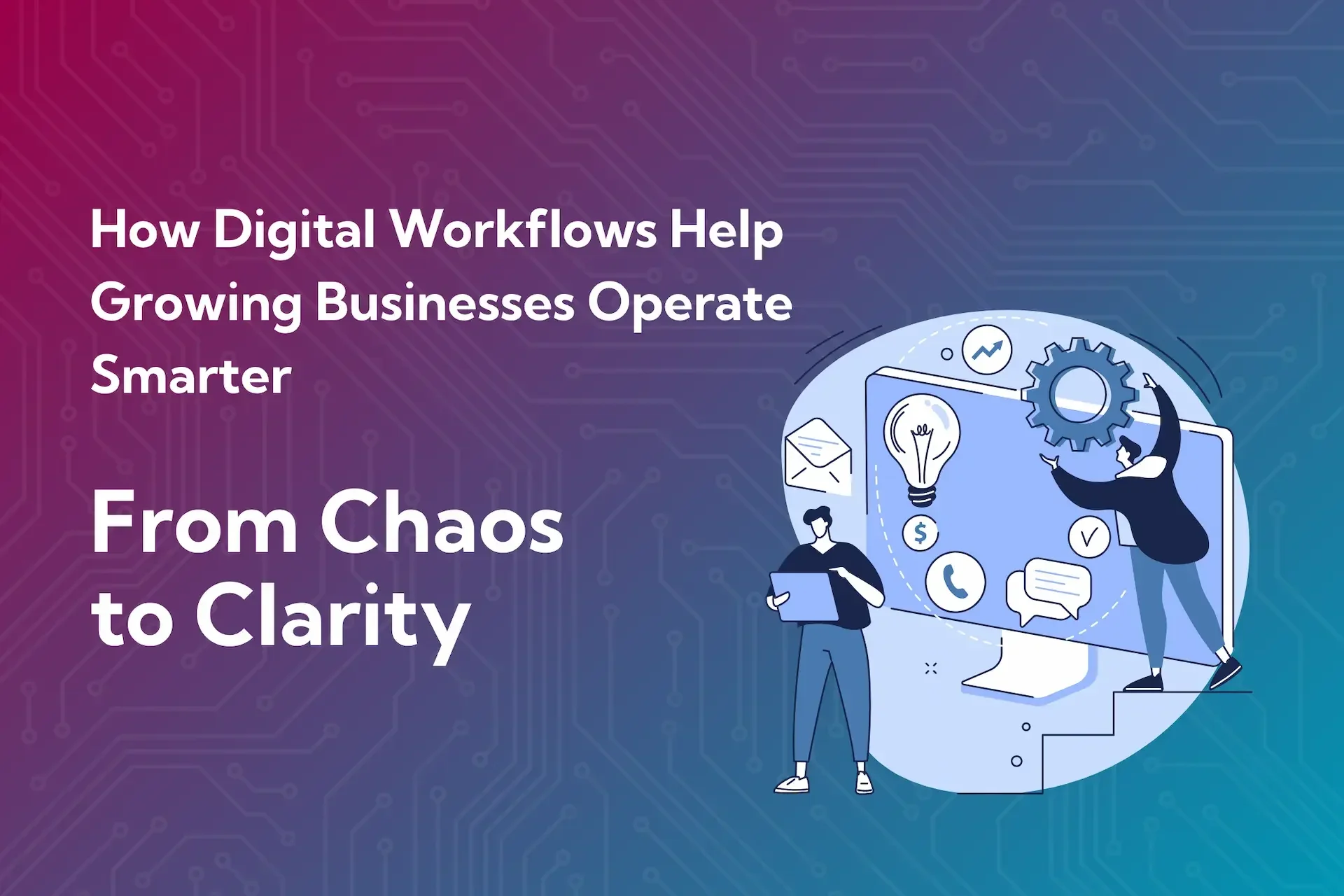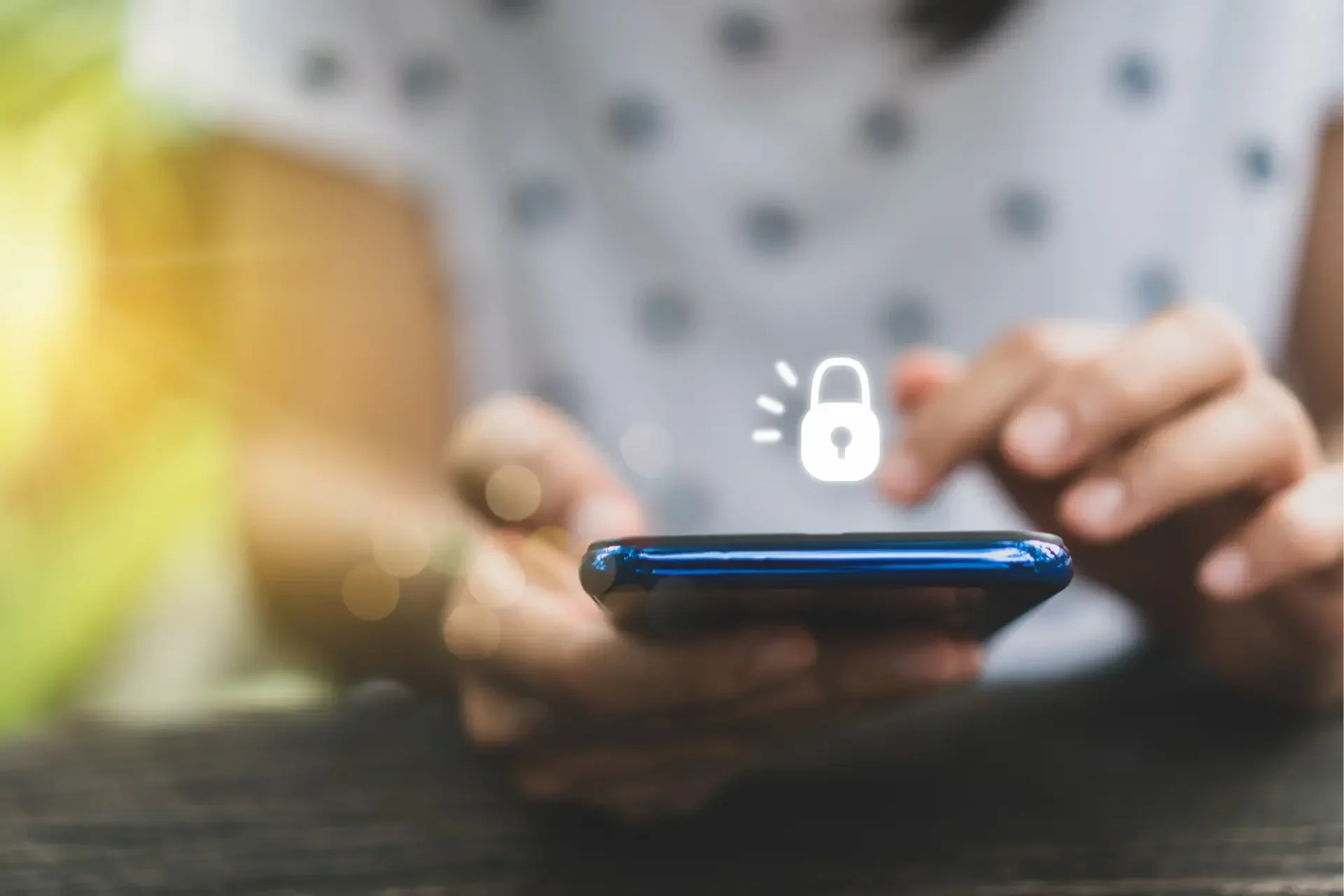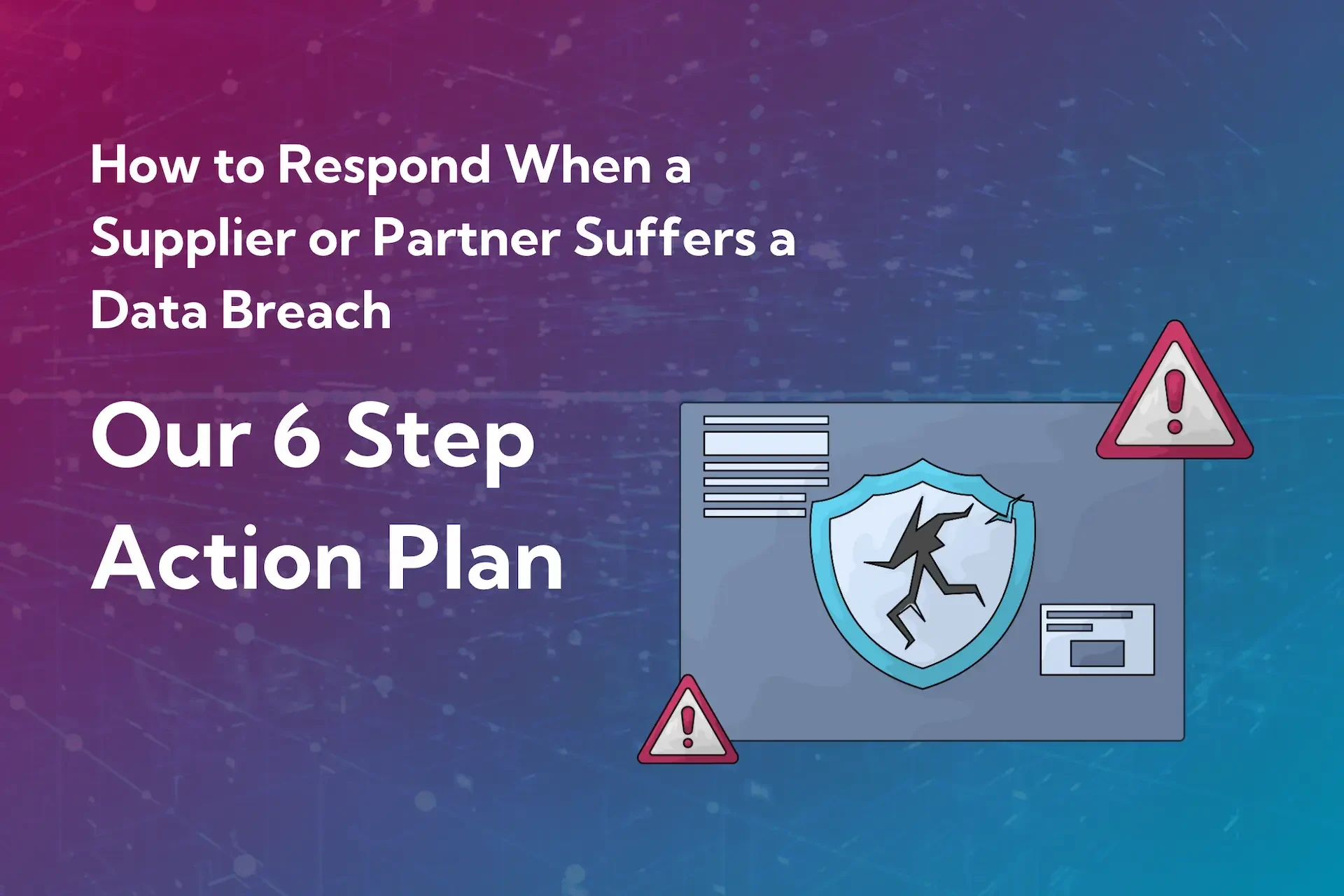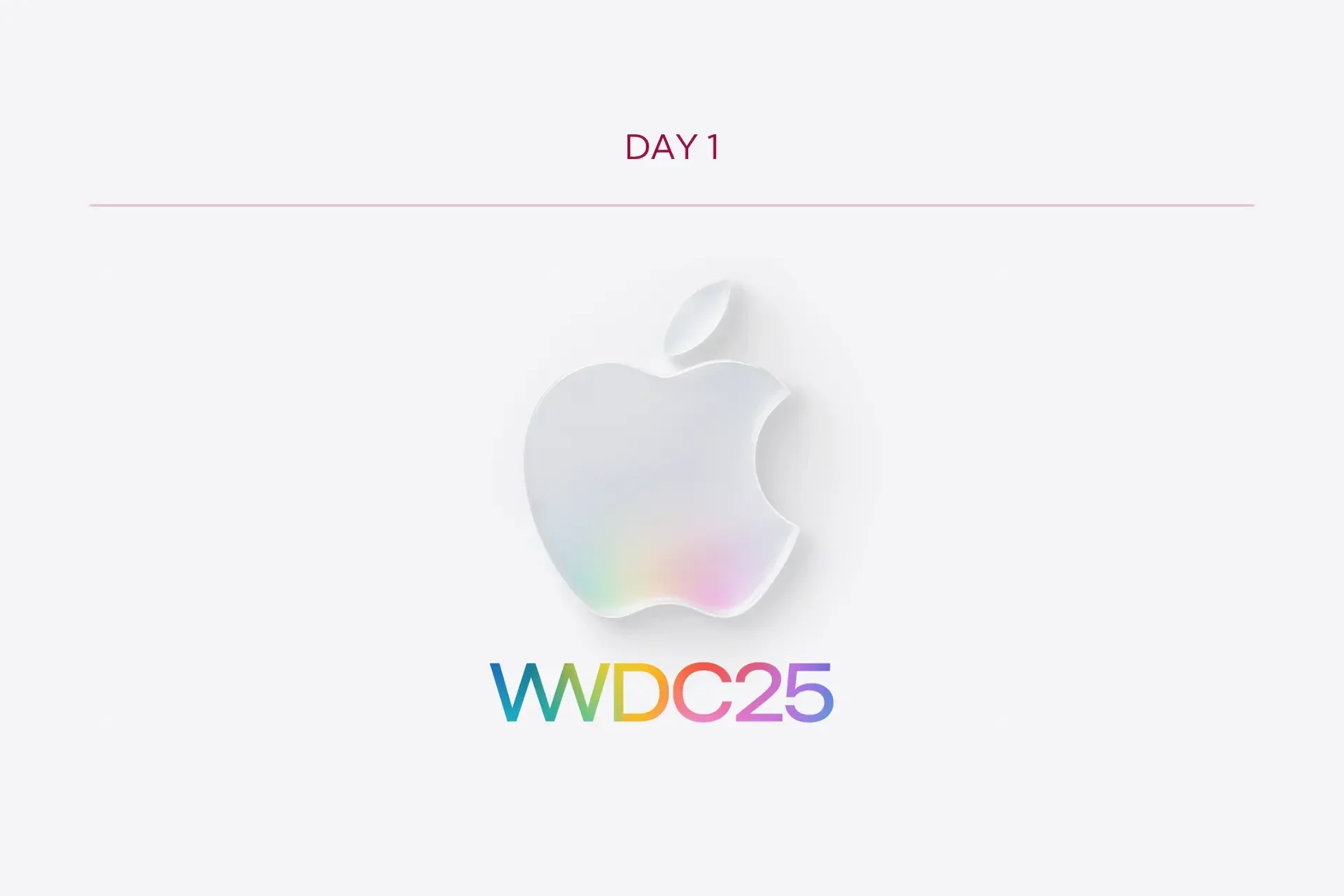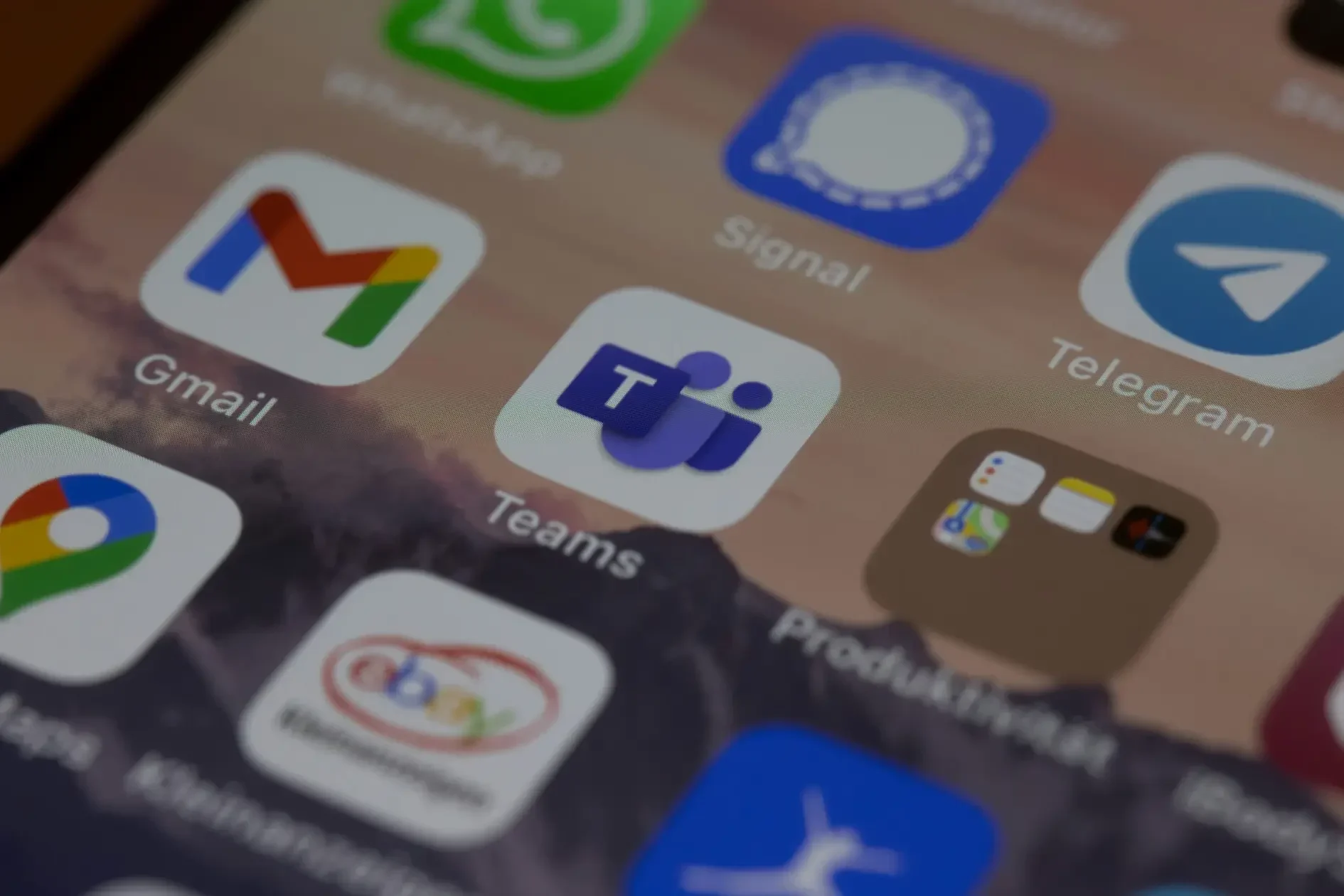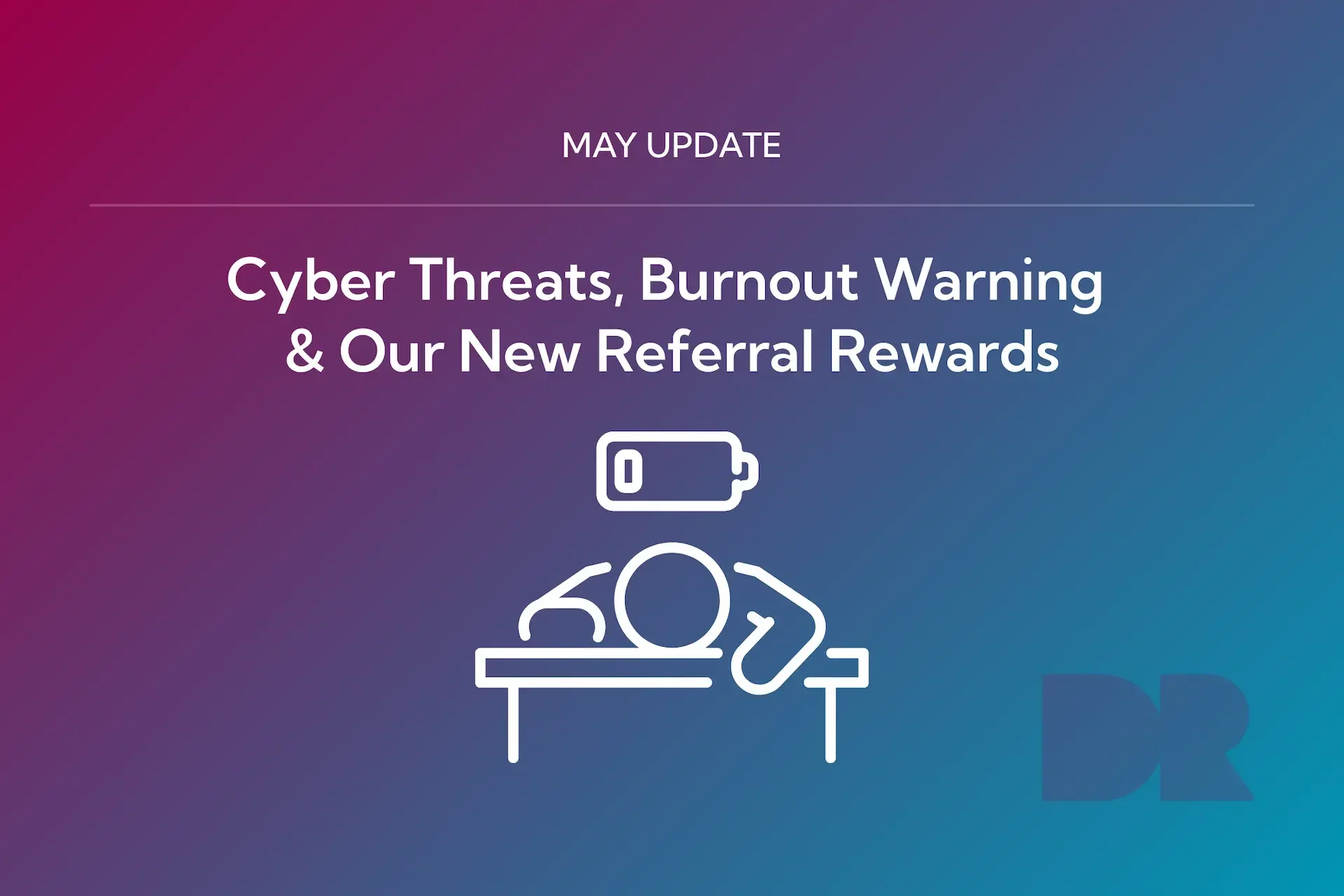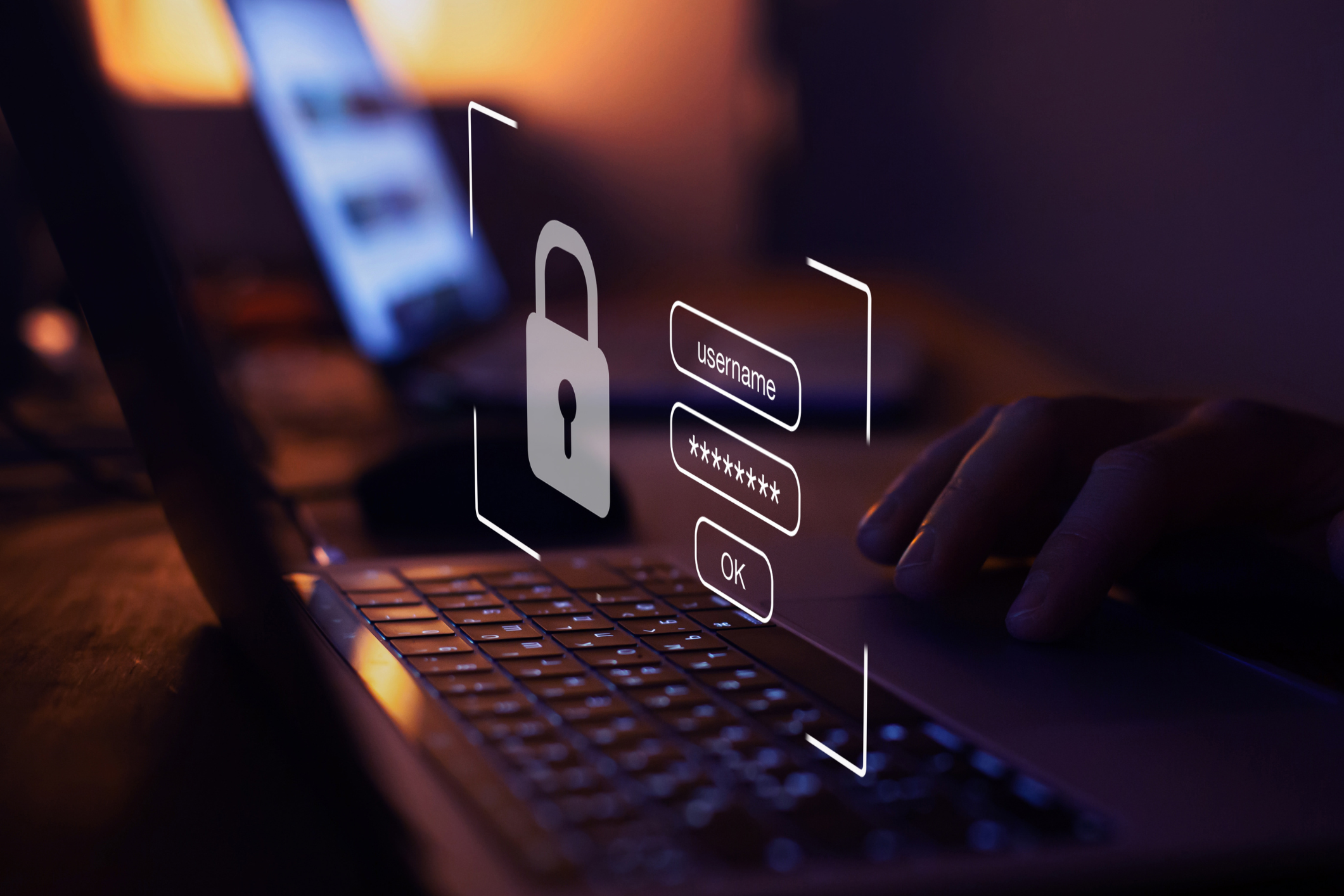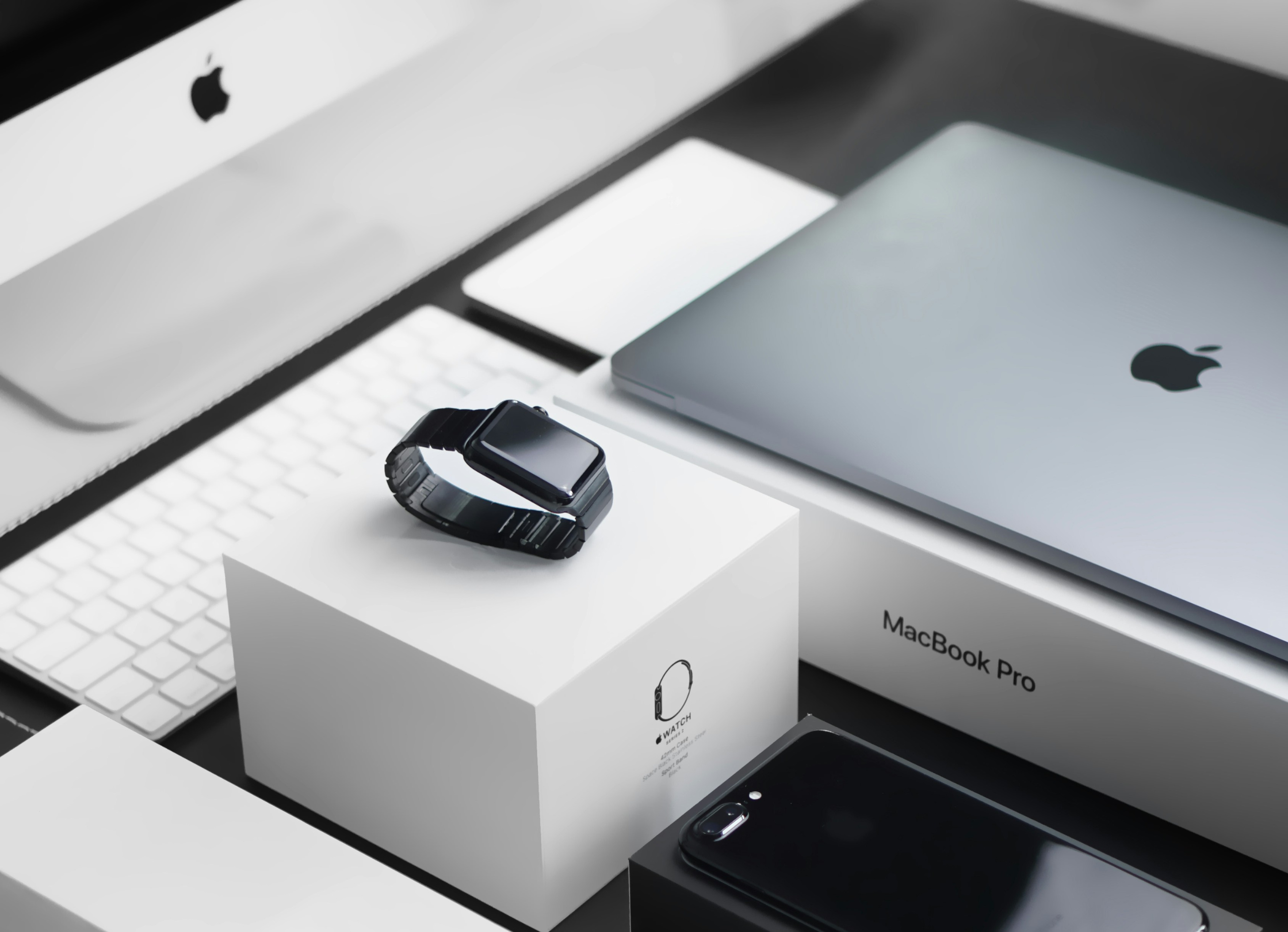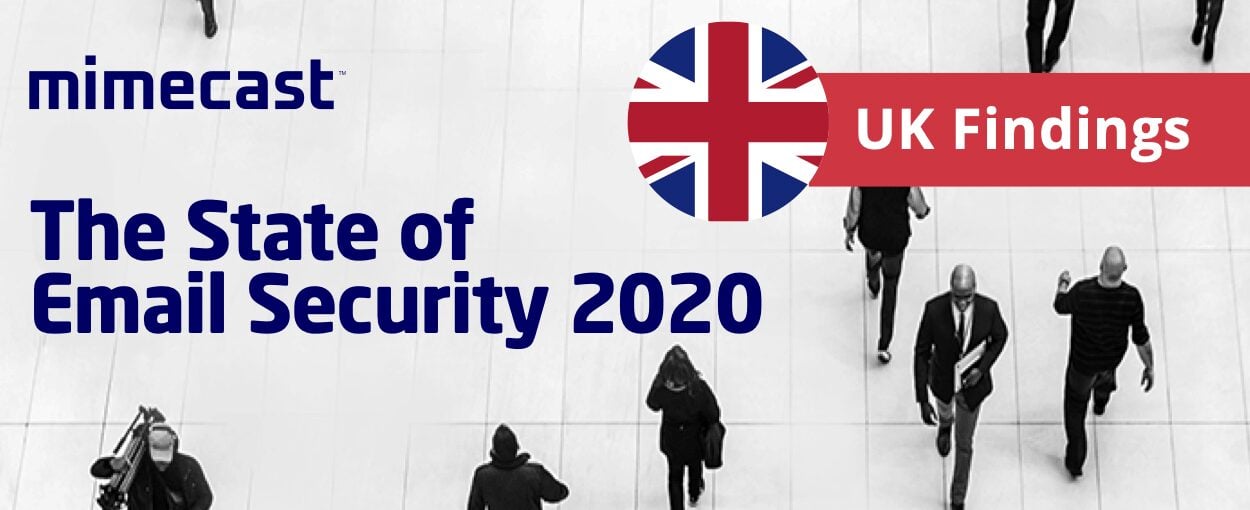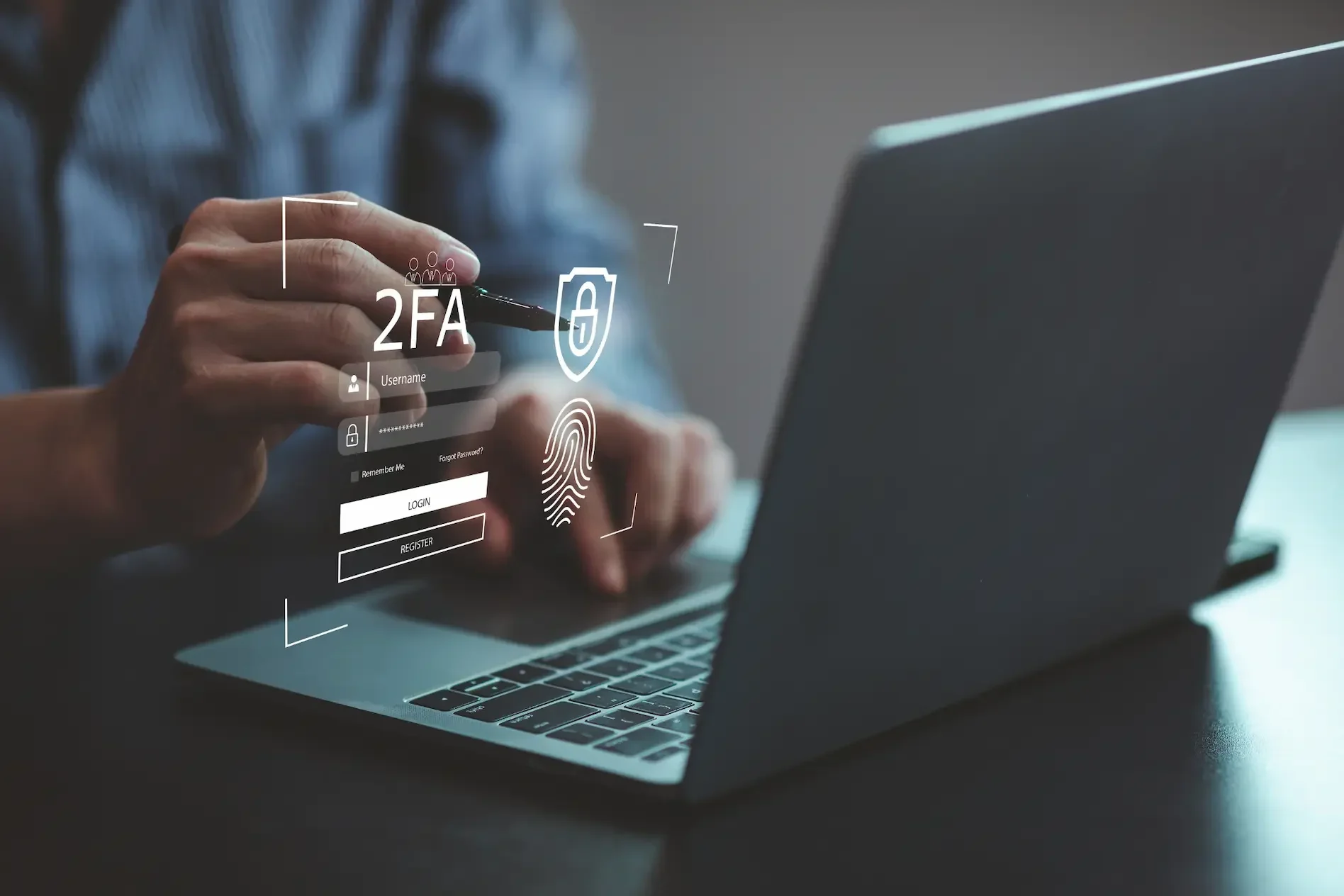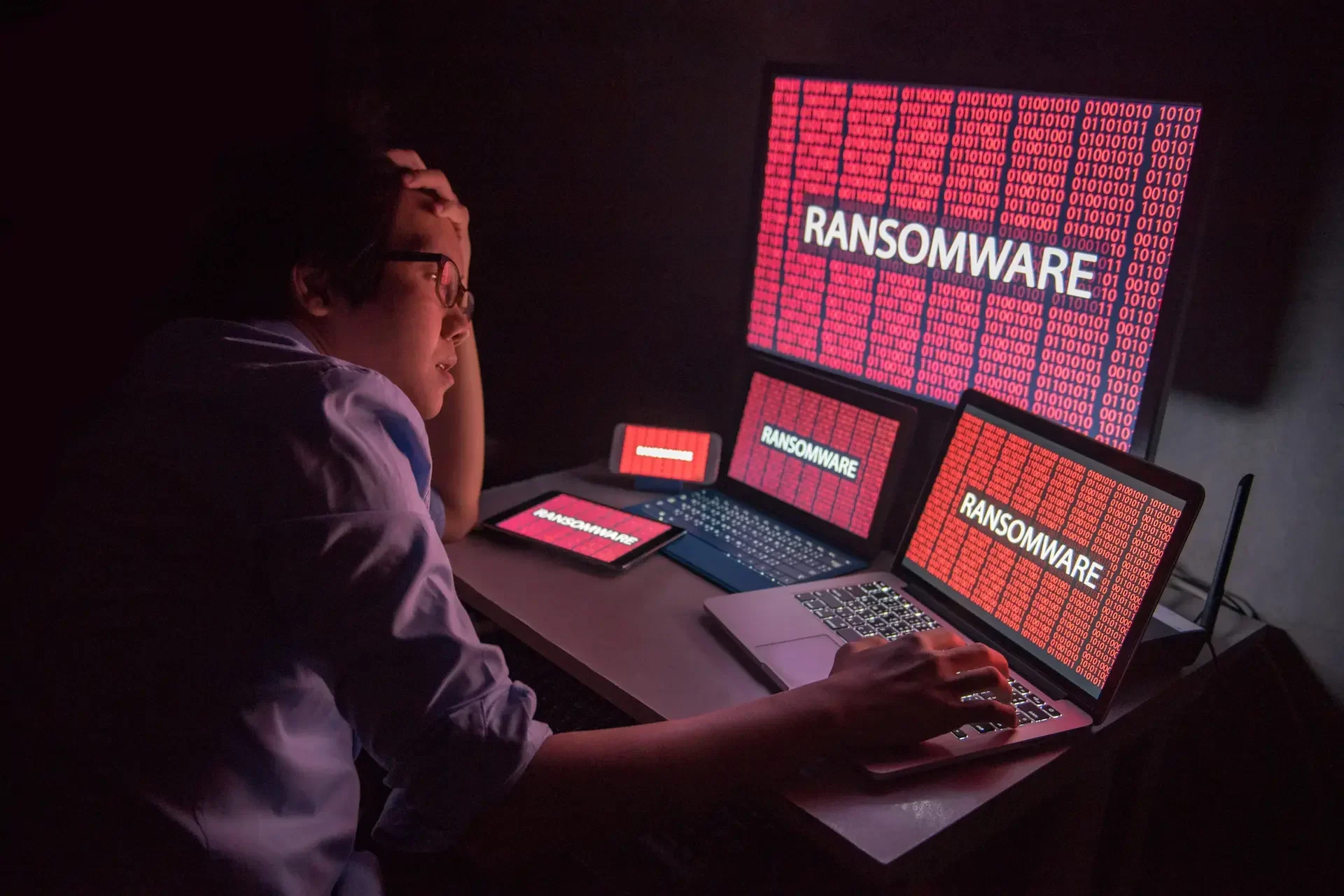When Beyoncé’s tour stopped in Atlanta earlier this month, thieves broke into a rented vehicle and made off with laptops, hard drives, and flash drives holding unreleased music, show plans, and personal data. It was a high-profile incident—but it highlights a very ordinary risk. If your business relies on laptops, mobile teams, or physical storage devices, you could be equally exposed.
Here’s what happened, and more importantly, how companies can protect themselves.
What Happened?
On 8 July, Beyoncé’s choreographer and a tour dancer parked their rented Jeep near Krog Street Market in Atlanta. Less than an hour later, they returned to find the vehicle’s rear window smashed and their bags stolen.
Inside those bags?
- Two laptops
- Five flash drives loaded with unreleased music and tour plans
- Sensitive personal and business data
While the files were reportedly encrypted and watermarked and encrypted, the breach still triggered an international police investigation.
What Could Have Prevented This?
The hard drives were likely used to share files physically between team members. While understandable on a fast-moving tour, it’s an outdated practice that carries significant risk, and the right technology could have prevented the breach or at least dramatically reduced its impact.
Here’s what modern businesses should be doing instead:
1. Use Cloud File Storage (No Hard Drives in Sight)
Platforms like Egnyte or Synology Drive (both available via Dr Logic) allow teams to collaborate securely from anywhere. These tools make physical USBs and external drives unnecessary.
- Egnyte: A business-grade cloud platform with advanced access controls, audit logs, and link expiration.
- Synology Drive: A private cloud option for secure internal file sharing, with browser or desktop access.
The result: No files left in the car. No risk of physical theft. Access is limited to verified users only.
2. Enable Remote Lock and Wipe for Devices
When a laptop is stolen, the real risk is the data inside, not the hardware.
Dr Logic configures laptops with Mobile Device Management (MDM) platforms such as JumpCloud and Addigy to mitigate this risk.
- JumpCloud: Cross-platform, with remote lock, wipe, and restart – even if the device is powered off.
- Addigy: Apple-specific, with similar zero-touch security capabilities.
The result: Lost devices can be rendered useless in minutes, and your data stays safe.
3. Implement Encryption and Zero Trust Security
Even if a device is stolen, strong security policies can keep data out of the wrong hands.
JumpCloud and Addigy support:
- Full-disk encryption (FileVault for macOS, BitLocker for Windows)
- Multi-factor authentication (MFA)
- User-specific access controls
These are the foundations of a zero-trust security model, where every login and action is verified.
The result: If someone gets the hardware, they still can’t access the data.
4. Monitor Devices in Real Time
With tools like JumpCloud, you get visibility into:
- Device status
- Login attempts
- Policy compliance
This allows your IT team to detect suspicious activity early and take action before things escalate.
The result: Real-time visibility makes mobile teams more secure and responsive.
How Dr Logic Helps
At Dr Logic, we help businesses build secure, mobile-friendly IT environments that protect data without slowing people down.
Here’s how we do it:
- Replace USBs and portable drives with cloud collaboration platforms like Egnyte and Synology Drive
- Configure and manage laptops with JumpCloud and Addigy, including remote lock and wipe
- Enforce encryption, MFA, and zero trust policies across your fleet
- Provide staff training on cyber hygiene and device safety
- Help your team stay productive – without compromising on security
Whether you’re in media, professional services, or a hybrid working setup, we help you stay protected on the move.
At Dr Logic, we specialise in helping businesses implement IT environments that are both secure and practical. We work with teams across sectors to modernise their workflows, protect their data, and prepare for worst-case scenarios.
Final Thought: If It’s Not Encrypted, It Shouldn’t Leave the Office
Celebrity or not, the lesson is clear:
If your business data isn’t backed up, encrypted, or remotely manageable, it’s vulnerable.
At Dr Logic, we believe that good IT support doesn’t just solve problems—it prevents them. If you’re concerned about your team’s device and data security, we’re here to help you take the next step.
Photo: Haineee CC BY-SA 4.0 via Wikimedia Commons
FAQs
What's the biggest risk if a laptop is stolen?
The data stored on it – especially if it’s not encrypted or backed up. Stolen devices can lead to data breaches, reputational damage, and compliance issues.
Can cloud storage really replace USBs?
Yes. Platforms like Egnyte and Synology Drive offer secure, real-time file sharing with detailed access controls – making USBs and hard drives obsolete.
How does remote wipe work?
Using MSM tools like JumpCloud or Addigy, devices can be locked or wiped remotely – even if they’re offline – protecting data after theft or loss.
What is zero trust security?
It’s a security model where no user of a device is automatically trusted. All access is verified continuously through MFA, encryption, and access controls.


